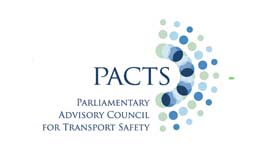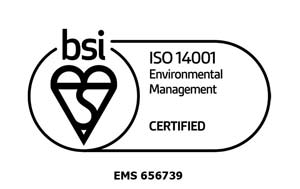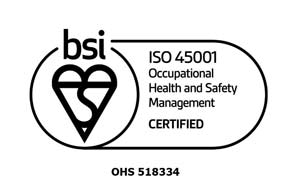Smoking
Each year in the UK, thousands of deaths and diseases are attributed to smoking. Other smoking alternatives might not be as harmful, but then some of them might potentially be even worse. Tobacco is the largest preventable cause of death in the world.
Being smoke free can prevent at least 10 types of cancer: lung, larynx, oesophagus, oral cavity, nasopharynx, pharynx, bladder, pancreas, kidney, liver, stomach, bowel, cervix, leukaemia.
If you want to quit smoking, remember that you are not alone! Let your family and friends know that you want to stop smoking. With support you are more likely to quit smoking and talking with friends and relatives who have been through the same situation can be very helpful.
It’s not only the smokers themselves who are vulnerable to diseases. When you breath in someone else’s cigarette smoke, it increases your chance of getting heart and circulatory diseases, cancers and breathing problems.
What do you need to do?
The best thing you can do for your health is to quit smoking. You can speak with your GP, practice nurse or seek advice to pharmacies. Some pharmacies will be able to offer you ‘stop smoking’ programmes or provide guidance on medication.
If you quit smoking, you will reduce the risk of a heart or circulatory disease and you might notice:
- Within just 20 minutes, your heart rate and blood pressure drop
- After 2–3 days your sense of smell and taste improve
. - After 2–12 weeks exercise becomes easier and your breathing improves
. - Within one to nine months, you should cough less and feel less shortness of breath
- After 1 year your risk of having a heart attack is half that of a smoker
.
If you stay a non-smoker for 10 years, your risk of lung cancer will be half that of someone who smokes and after 15 years, your risk of a heart attack is the same as somebody who hasn't ever touched a cigarette.
































